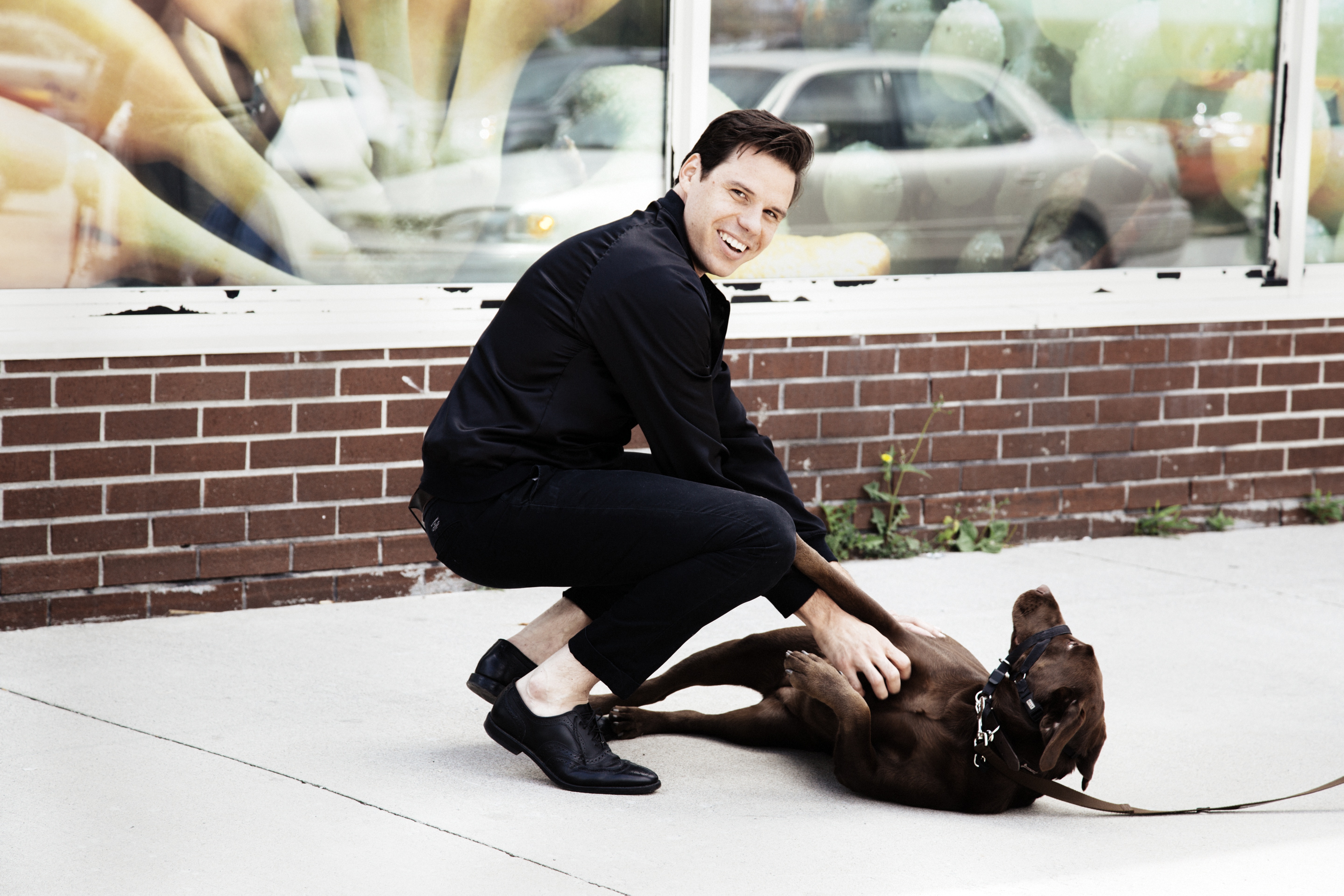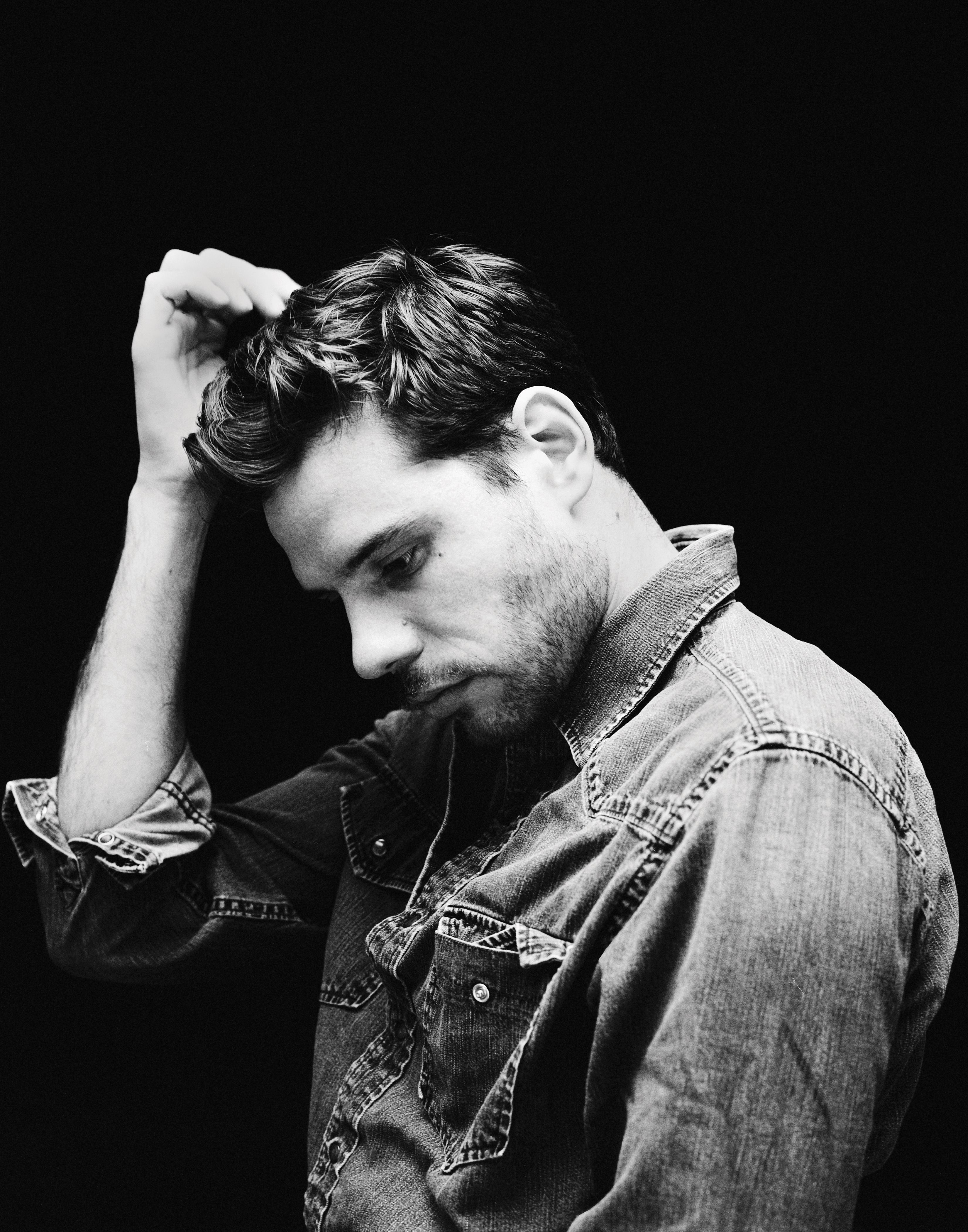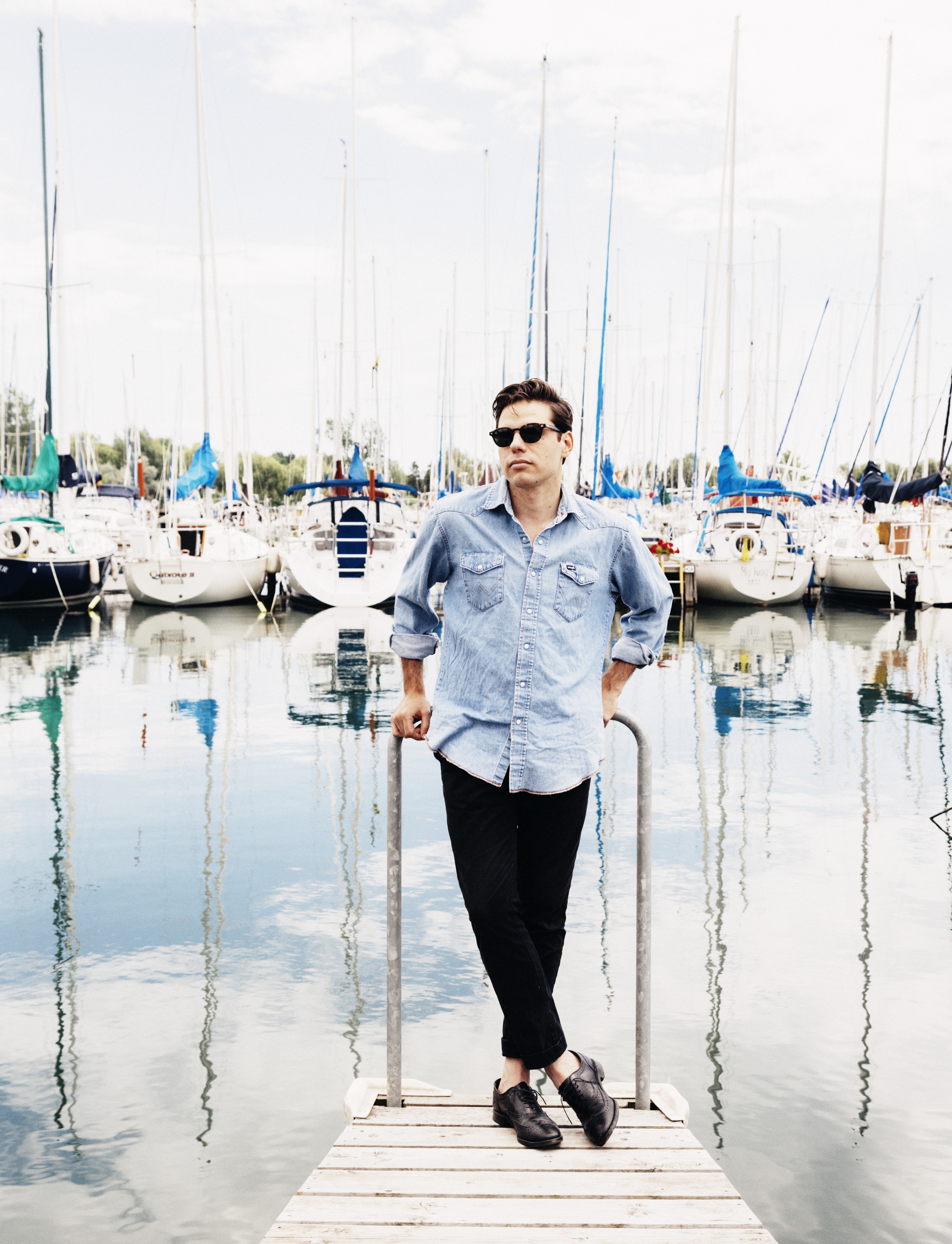The Musician Known as Bahamas
Something so special and so rare.

What’s in a name? Say the name Afie Jurvanen to a passerby and it may not mean much to them. That is by design. Jurvanen has discovered through experience that being elusive and difficult to define works in his favour, not only when it comes to his stage name but his genre of music too (although the Juno Awards have tried their level best to fit him into a category). The Canadian musician, better known as Bahamas, has been around the proverbial music-industry block a few times since he broke onto the scene in the early 2000s. Back then, he didn’t have a name besides the one he was born with, which he never liked. “When I first started, I didn’t like the idea of being Afie [pronounced ‘ay-fee’],” he explains. “I just thought that was a weird name, and nobody could pronounce it. It’s been the curse of my existence. When I was a teenager, I would get teased about my name.”
Jurvanen, who is of Finnish heritage, grew up in Barrie, Ontario. There isn’t a complex or elegant origin story to the name Bahamas. The word was easy to pronounce and, although it didn’t occur to him at the time, Bahamas conjures up positive images even before he begins to play. “It really filters how people hear the music, you know? If I had been called something else, like Graveyard or something like that, people would have a really different impression of the music.”
Melodic and soulful, his music has received multiple Juno Award nominations and wins, including this year when his fourth studio album, Earthtones, was named Adult Alternative Album of the Year. His masterful songwriting also earned him a Songwriter of the Year nomination for the tracks “No Wrong”, “Way With Words”, and “Any Place”, off the award-winning album.

The urge to define Bahamas’ music has plagued the industry since his debut album, Pink Strat, 10 years ago. He labels it folk music, but there are rock and country elements present too. Not to mention a wicked rhythm guitar hook in almost every song that calls to mind blues and roots. When his voice drops an octave for “Any Place”, the sultry tones sound like they’ve been plucked from a lounge singer—they’re both soothing and titillating.
Earthtones ranges all over the genre map but overarchingly serves up some heavy underlying themes to an upbeat rhythm, in the style of Jack Johnson or the Lumineers. The similarities aren’t coincidental, as Bahamas has toured with them both. Over the years he’s opened for some pretty big acts, including City and Colour, Robert Plant, and Wilco.
Now, having paid his dues as an opener, he’s finishing up a headlining tour of his own. “I would love to have a hit song or something, but that hasn’t been my experience. It’s been sort of a gradual progression with each album to the next, and I hope as a writer that I’m growing and changing all the time. It seems that it is happening, because [I’m] sort of constantly attracting a bigger audience and getting to play bigger stages and have all these great opportunities. It feels like the music’s kind of grown in a very healthy way, in a sustainable way.” He says the real test of his success is when he starts to play a song from Pink Strat, named for his (now-emblematic) pink Stratocaster guitar, and people start to cheer when they hear the first few chords. “It’s obviously really validating to know that those songs are standing the test of time.”
The patience and trust Jurvanen has placed in his music has paid off and the stages will, no doubt, continue to get bigger, as will the crowds. This summer, Bahamas is hitting the festival circuit, with stops in Halifax, Regina, Edmonton, and B.C. for the new Squamish Constellation Festival later this month.
“They’re so wholesome,” Jurvanen says of music festivals, laughing. “In a good way!” he’s quick to clarify. “People are outside, they’re already feeling 85 per cent happy, and the music is like the bonus on top. In a weird way you’re playing to a big crowd, but to me it feels like much less pressure. People are just so open and ready to receive and ready to participate in a different way. It is such a different experience as a performer than playing a theatre or a club. I feel like anything goes. I really feel spoiled rotten, getting to play a lot of these festivals. It’s really just a pleasure—a joy.”

When he’s on tour, Jurvanen is able to indulge in his addiction: fly-fishing. It’s part of the reason he moved to the Maritimes earlier this year, but with a two-year-old and a four-year-old running around, he isn’t able to do it as often as he’d like. Ironically, he fly-fishes more when he’s on tour than he does at home.
“There’s something about it that’s very meditative,” he says, suddenly serious. “It’s exciting and it’s relaxing and, you know, that initial take when you feel that you’ve chosen the right fly, you put it into the river just the right way, and then you see the fish come up and take it. There’s about five to 10 seconds where the mind is just blank and you’re awake, you’re conscious, but you’re not thinking of anything. To me, that’s the best way of meditating.” It’s the same feeling he has when he steps on stage to perform as Bahamas.
“It’s so special and so rare,” he says. “I’ll be playing and I’ll be so connected with the music and it’s cliché, but in a way I’m not thinking about what I’m doing at all. Our lives are so busy, and it’s so hard to turn the brain off. [Playing music] forces you to kind of slow down and literally just be awake and alive and conscious.”
_________
Never miss a story. Sign up for NUVO’s weekly newsletter here.




